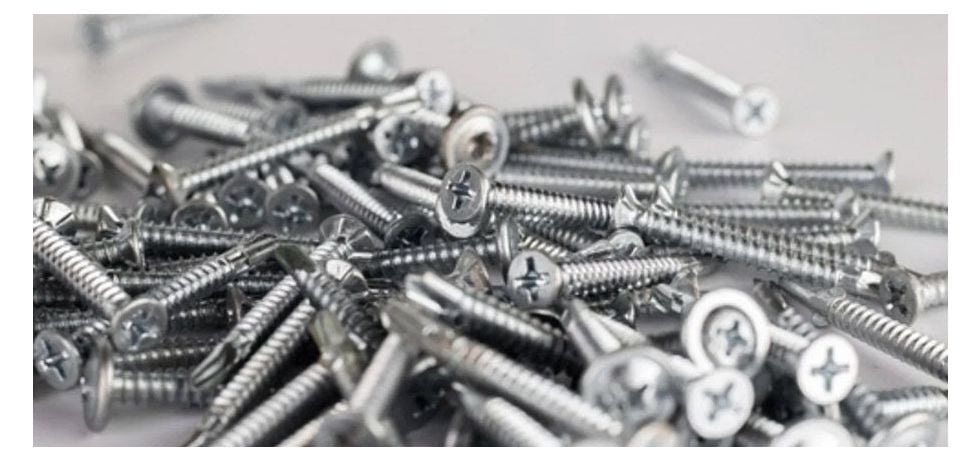When it comes to DIY projects, the importance of choosing the right screws cannot be overstated. These small, seemingly insignificant fasteners play a critical role in holding everything together. Using the wrong screws can lead to structural issues, poor durability, and a lot of frustration. In this guide, we'll explore the essential factors to consider when selecting screws for your DIY projects, ensuring that your creations are built to last.
Understanding Screw Types
Before diving into the selection process, it's crucial to understand the various types of screws available. Common options include wood screws, machine screws, sheet metal screws, and concrete screws. Each type is designed for specific materials and applications.
Wood Screws: Ideal for woodworking projects, these have coarse threads and come in various lengths and styles.
Machine Screws: These are used with nuts or in threaded holes and are commonly found in machinery and appliances.
Decking Screws: Specifically designed for outdoor projects, these screws have corrosion-resistant coatings to withstand the elements.
Self-Drilling Screws: These are excellent for metal-to-metal applications, as they eliminate the need for pre-drilling.
Selecting the Right Material
Screw materials vary, and choosing the appropriate one is crucial for durability and longevity. Common materials include:
Steel Screws: Versatile and cost-effective, steel screws are suitable for many applications. Stainless steel screws are corrosion-resistant and ideal for outdoor projects.
Brass Screws: Known for their corrosion resistance and aesthetics, brass screws are often used in decorative and marine applications.
Aluminium Screws: Lightweight and corrosion-resistant, aluminium screws are excellent for lightweight structures and outdoor use.
Galvanised Screws: Treated with a zinc coating for corrosion resistance, these are suitable for outdoor and marine applications.
Thread Type and Pitch
Screw threads come in various shapes and pitches. Coarse threads provide a stronger grip in wood, while fine threads work better in metal. Be sure to match the thread type and pitch to your project's material.
Size and Length
Selecting the right size and length is crucial to ensure a secure fit. The size is typically denoted as a number, with larger numbers indicating thicker screws. The length should be sufficient to penetrate both materials being fastened while leaving enough thread for a secure hold.
Drive Type
The drive type refers to the tool or bit required to install the screw. Common drive types include Phillips, Pozi and Torx. Choose a drive type that you're comfortable working with and that suits your project.
Conclusion
Choosing the right screws for your DIY projects is a fundamental step towards creating sturdy and long-lasting structures. By understanding screw types, materials, thread types, head styles, size, drive type, and your budget, you'll be well-equipped to make informed decisions. Remember, the devil is in the details, and selecting the right screws can make all the difference in the success of your DIY endeavours. Happy building!







